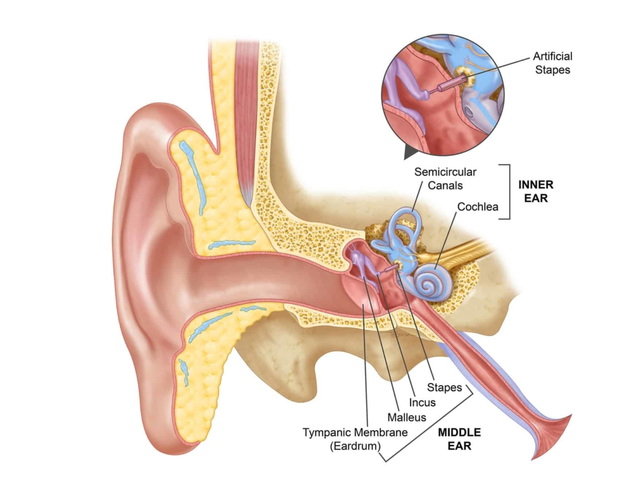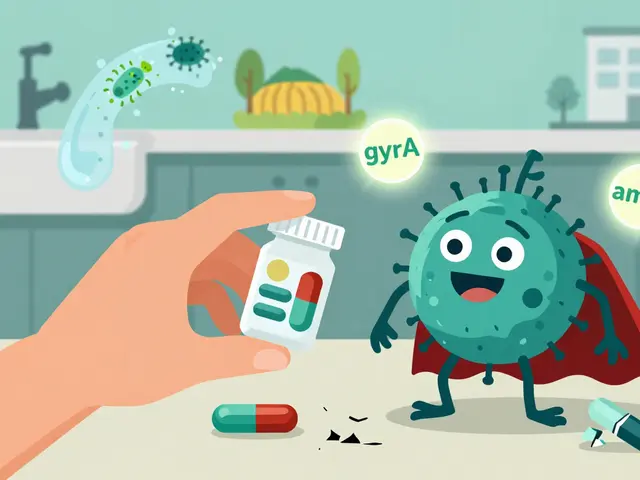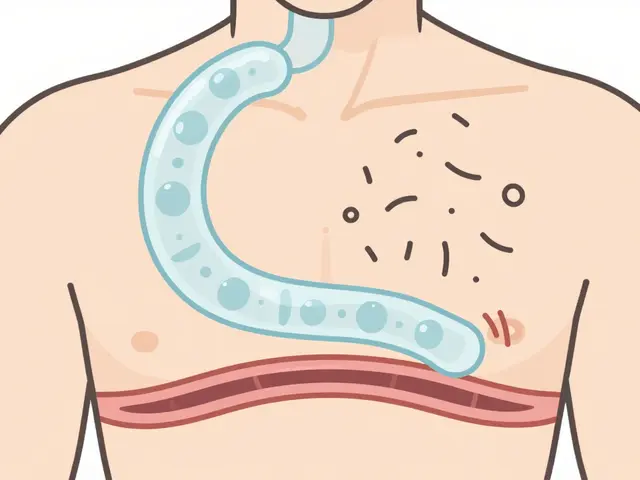Exelon (rivastigmine): clear guide for patients and caregivers
Exelon is a prescription medicine used to treat mild to moderate dementia linked to Alzheimer’s disease and Parkinson’s disease. It comes as capsules, an oral solution, and a once-daily skin patch. Exelon doesn’t cure dementia, but it can help with memory, thinking, and daily function for some people.
How Exelon works and when it's used
Exelon is a cholinesterase inhibitor. It raises levels of a brain chemical called acetylcholine, which helps nerve cells talk to each other. Doctors prescribe it when symptoms like forgetfulness, confusion, or trouble with daily tasks start to affect life. Your doctor will judge if Exelon is a good fit based on diagnosis, other health conditions, and medications you already take.
Practical tips: dosing, side effects, interactions, and storage
Dosing varies. Capsules and oral solution are started low and slowly increased to reduce side effects. The patch is applied once a day to a clean, dry area of skin and changed every 24 hours. Follow your prescriber’s instructions exactly and don’t stop suddenly without talking to them.
Common side effects include nausea, vomiting, diarrhea, loss of appetite, dizziness, and headache. These often happen when treatment begins or dose increases and may improve after a few weeks. Serious issues are less common but can include slow heart rate, fainting, stomach bleeding, severe vomiting, or allergic reactions. If you notice fainting, fast heartbeat changes, severe stomach pain, or black stools, seek medical help.
Exelon can interact with other drugs. Anticholinergic medicines (used for overactive bladder or some allergy drugs) can reduce its benefit. Heart medications and certain antipsychotics may raise risk for slow heart rate or fainting. Always give your doctor a full list of prescriptions, over-the-counter drugs, and supplements.
Practical tips: take the capsule or liquid at the same time each day with food if advised. For the patch, rotate application sites and avoid heat sources (hot baths, heating pads) that can increase drug absorption. If you miss a patch, apply a new one and reset the 24-hour schedule; if you miss a capsule dose, follow your doctor’s guidance—do not double up without advice.
Storage is simple: keep capsules and oral solution at room temperature away from moisture. Store patches in their sealed pouch until ready to use and follow disposal instructions to keep them away from children and pets. If a patch falls off, replace it with a new one and use a fresh site.
Final note: monitor progress and side effects with your healthcare team. Caregivers often notice small daily improvements before patients do. If benefits are minimal after a few months or side effects are troublesome, your doctor may adjust the dose or suggest alternatives. Ask questions and keep a brief log of symptoms to make appointments more useful.
If you’re a caregiver, track behavior, sleep, appetite, and daily tasks between appointments. Bring those notes to the doctor—small details help decide if Exelon benefits outweigh side effects and whether a dose change or treatment is needed.

Exelon: Benefits, Side Effects & Uses of Rivastigmine for Dementia
Curious about Exelon and its role in managing dementia? Here's everything you need to know about rivastigmine, how it works, its benefits, and what to look out for if you or someone you care about is starting this medication. Get practical tips, real stats, and clear advice on making the most out of dementia treatment.
View More




